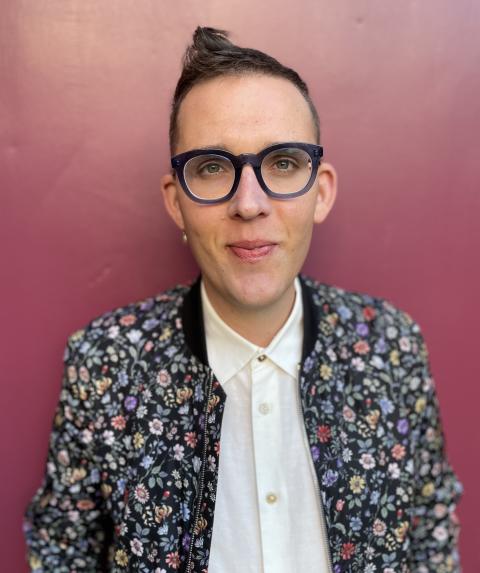
This groundbreaking work examines the rush of arson-for-profit that ravaged the Bronx and dozens of other US cities in the 1970s. Contrary to conventional wisdom, the urban fires after the Civil Rights moment resulted not from neighborhood uprisings but from slum landlords emboldened by the expansion of federally supported fire insurance payouts. Complementing now-familiar explanations of how redlining in the property insurance market exacerbated racial inequality before 1968, Ansfield turns our attention to subprime insurance policies that subsequently flooded the rental insurance market in low-income communities—a practice Ansfield aptly terms “brownlining.” The public-private partnerships that promoted brownlining presented it as a progressive alternative to the discriminatory redlining practices of the past, yet ultimately they reinscribed racial segregation into the urban landscape and incentivized widespread property destruction. Ansfield’s narrative thus fills a lacuna in the joint histories of deindustrialization and racial capitalism. Using an array of previously untapped government records, as well as archival repositories and oral history collections, Ansfield provides new insights into the growth of financial, insurance, and real estate industries, and the way marginalized communities negotiated their conditions under urban restructuring. For many years to come, scholars across the disciplines will turn to Ansfield’s exhaustively researched history as they analyze the public-private mechanisms that fueled racial inequality in the 1970s and beyond. Readers will find an artfully structured and beautifully written book, with language that has both moral power and explanatory clarity.
Ansfield, who earned their Ph.D. at Yale University in May 2021 under the direction of Joanne Meyerowitz and Michael Denning, is currently an American Democracy Fellow in the Charles Warren Center for Studies in American History, Harvard University.